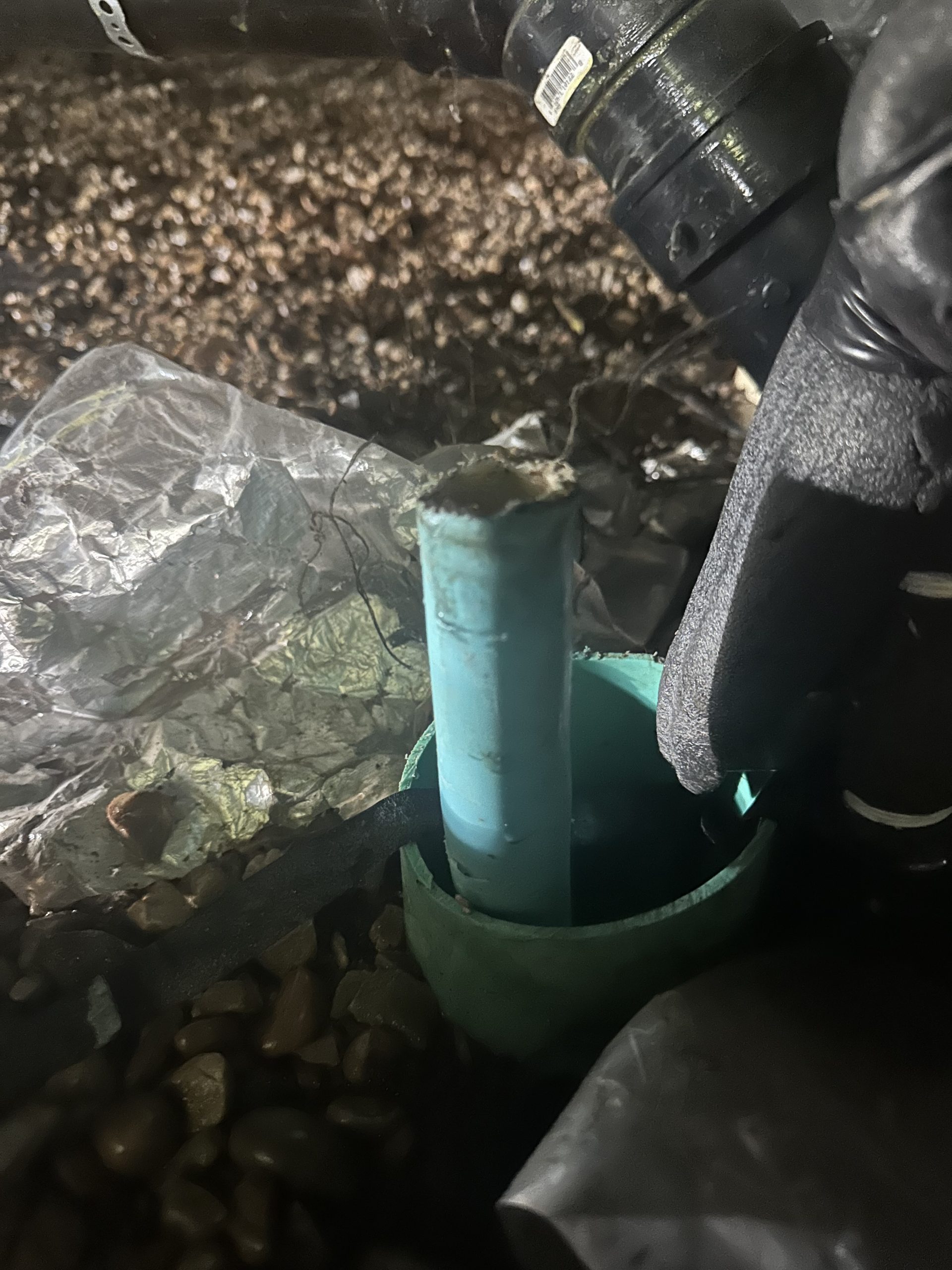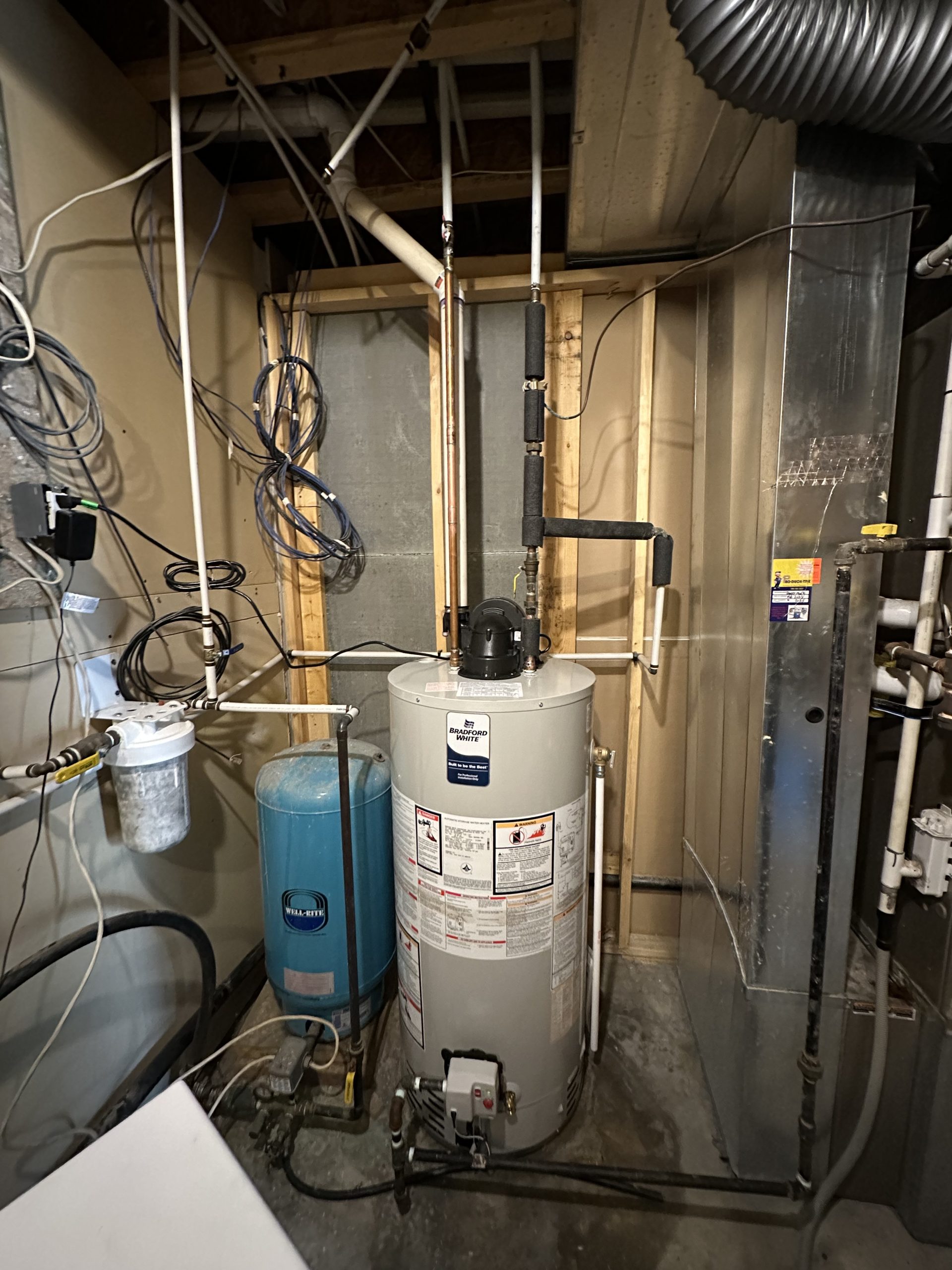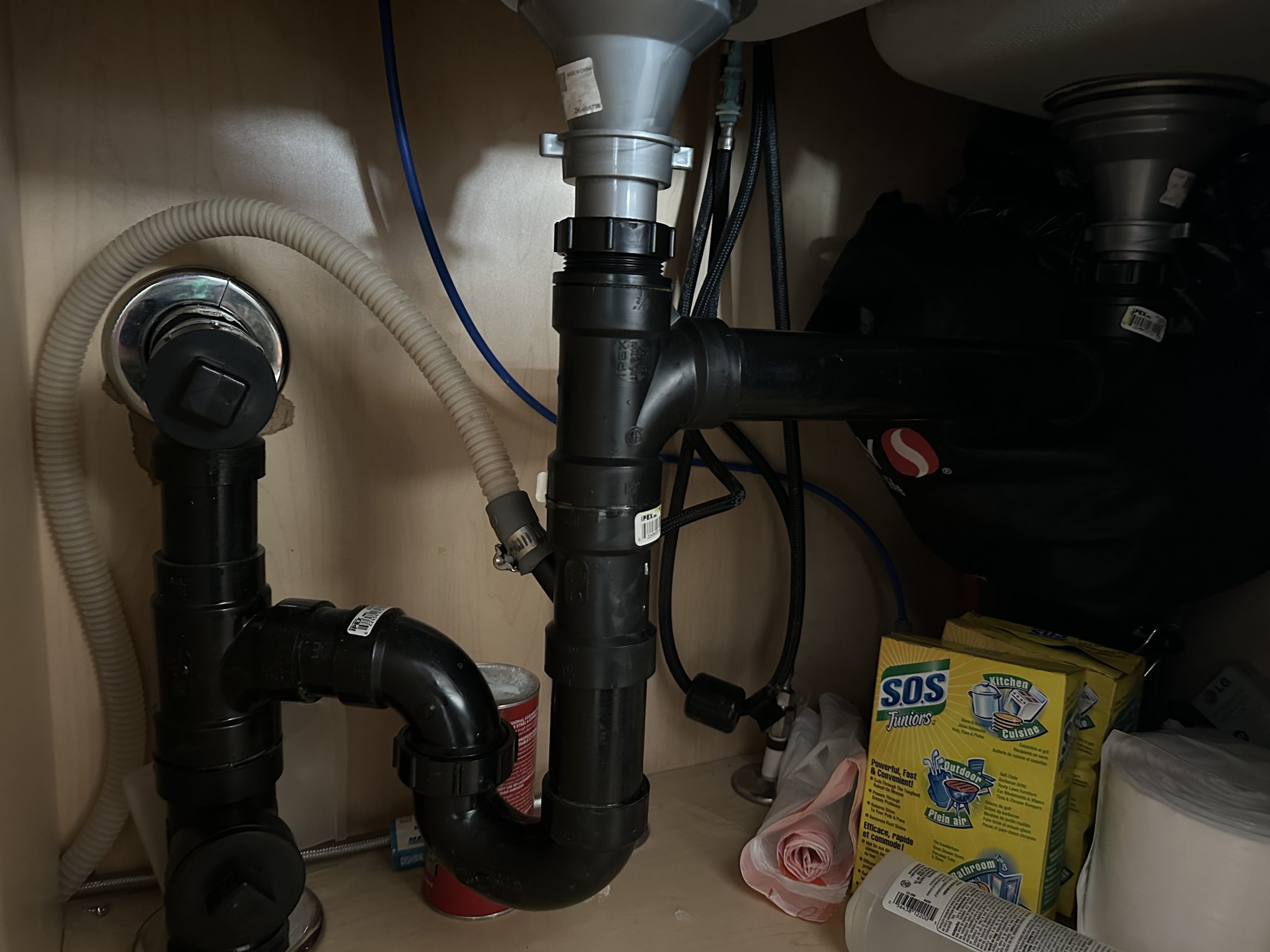Introduction
Water heaters are an essential part of modern plumbing systems, providing hot water for various household tasks. Whether you're taking a shower, washing dishes, or doing laundry, having access to hot water is crucial. However, the decision between traditional and instant water heaters can be quite perplexing for many homeowners. With advancements in technology and varying energy requirements, understanding which system suits your needs best is vital. This article will delve into the features, benefits, drawbacks, and considerations of traditional versus instant water heaters to help you make an informed choice.
Comparing Traditional vs Instant Water Heaters: Which is Best?
When it comes down to choosing the right water heating solution for your home, there are numerous factors at play. Traditional water heaters store a specific amount of hot water in a tank. In contrast, instant (or tankless) water heaters provide hot water on demand without the need for storage tanks. Each type has its own set of advantages and disadvantages that can significantly impact your daily life.
So, how do you determine which option is best for your household? Here’s a breakdown of what you need to consider:
1. Understanding Traditional Water Heaters
1.1 What Are Traditional Water Heaters?
Traditional water heaters are commonly found in homes across the globe. They consist of a large storage tank that holds heated water until needed. These units typically run on electricity or gas and come in various sizes to accommodate different household demands.
1.2 How Do They Work?
In a traditional setup, cold water enters the tank from the bottom while an electric element or gas burner heats the water at the top. The heater maintains this temperature by continuously keeping the stored water warm, even when not in use.
1.3 Pros of Traditional Water Heaters
- Initial Cost: Generally cheaper upfront compared to instant models. Simple Installation: Most plumbing systems already support traditional tanks. Reliable Supply: They can supply multiple outlets simultaneously when sized correctly.
1.4 Cons of Traditional Water Heaters
- Energy Inefficiency: Heat loss from the tank leads to higher utility bills. Limited Hot Water Supply: Once the stored hot water runs out, you must wait for it to heat again. Space Requirements: They require more space due to their bulkiness.
2. Exploring Instant Water Heaters
2.1 What Are Instant Water Heaters?
Instant or tankless water heaters heat water directly as it flows through the unit without storing it in a tank. This means TMK Plumbing and Heating LTD you'll have an endless supply of hot water as long as there's fuel or electricity available.
2.2 How Do They Work?
When you turn on a hot-water tap, cold water travels through a pipe into the unit where it's heated by either gas burners or electric elements before being sent out.
2.3 Pros of Instant Water Heaters
- Energy Efficiency: They only heat water when necessary, reducing overall energy consumption. Space-Saving Design: Smaller size allows installation in tight spaces. Endless Hot Water Supply: No waiting for tanks to refill—ideal for larger families.
2.4 Cons of Instant Water Heaters
- Higher Initial Cost: More expensive upfront compared to traditional options. Complex Installation: May require additional electrical work or gas lines. Flow Rate Limitations: May struggle to provide enough hot water if multiple taps are used simultaneously.
3. Key Features Comparison: Traditional vs Instant Water Heaters
| Feature | Traditional Water Heater | Instant (Tankless) Water Heater | |--------------------------------|-------------------------|----------------------------------| | Energy Source | Electric/Gas | Electric/Gas | | Initial Cost | Lower | Higher | | Operating Costs | Higher (standby losses) | Lower (on-demand heating) | | Hot Water Availability | Limited during peak use | Unlimited | | Space Requirement | Larger | Compact | | Lifespan | 10–15 years | 20+ years |
4. Energy Efficiency: A Deeper Look
The energy efficiency of both types can make a significant difference in your monthly utility bills and environmental footprint:
4.1 Energy Use in Traditional Units
Traditional heaters maintain a constant temperature which leads to standby heat loss—a wasteful process that can account for up to 20% of your energy bill.
4.2 Energy Use in Tankless Models
Tankless units eliminate standby heat loss since they only activate when needed, potentially yielding savings ranging from 25% to 50%, depending on usage patterns.
5. Installation Considerations: What You Need to Know
Installing either type requires careful consideration:
5.1 Installing Traditional Water Heaters
Typically straightforward due to existing plumbing setups but may necessitate upgrades if replacing an old unit with a larger one.
5.2 Installing Instant Water Heaters
Installation can be more complex; new electrical circuits might be required due to higher power demands—consulting with a plumber is advisable.
6. Maintenance Needs: Keeping Your Heater Running Smoothly
Regular maintenance ensures longevity and efficiency:
6.1 Maintenance Tips for Traditional Units
- Flush the tank annually to remove sediment buildup. Inspect anode rods every few years and replace them if corroded.
6.2 Maintenance Tips for Tankless Units
- Descale regularly (at least once a year) based on mineral content in local water supplies.
7. Lifespan Expectations: How Long Can You Expect Them to Last?
Both types have different lifespans:
7.1 Lifespan of Traditional Heaters
Typically last about 10–15 years with proper care and maintenance.
7.2 Lifespan of Instant Models
Can last upwards of 20 years due to fewer moving parts and lower wear-and-tear rates.
FAQ Section
Q1: Which type heats up faster?
A1: Instant heaters provide hot water almost instantly as they don’t rely on stored hot water like traditional units do.
Q2: Can I install these myself?
A2: While DIY installation is possible for some skilled homeowners, hiring a professional plumber ensures safety and compliance with local codes.
Q3: Do I need additional electrical work for an instant heater?
A3: Often yes; depending on your current setup and heater specifications, upgrading your electrical system may be necessary.

Q4: Which type offers better value over time?

Q5: Are there any tax incentives for installing energy-efficient models?
A5: Yes! Many regions offer tax credits or rebates for energy-efficient appliances; check local programs for eligibility details.
Q6: How do I determine which size I need?
A6: Assess your household's peak hot-water demand—consider simultaneous uses like showers and laundry—and consult with plumbing professionals if uncertain.
Conclusion
Choosing between traditional versus instant (tankless) water heaters involves careful consideration regarding costs, energy efficiency, space requirements, maintenance needs, and lifespan expectations among other factors discussed throughout this article titled “Comparing Traditional vs Instant Water Heaters: Which is Best?”. Ultimately each type has its strengths tailored toward specific needs—from large families needing ample hot-water supplies at once favoring traditional models—to smaller households valuing efficiency opting instead for sleek tankless solutions!

Make sure you evaluate all facets discussed here while also consulting trusted plumbers who can assess unique home circumstances ensuring informed decisions leading towards optimal comfort!